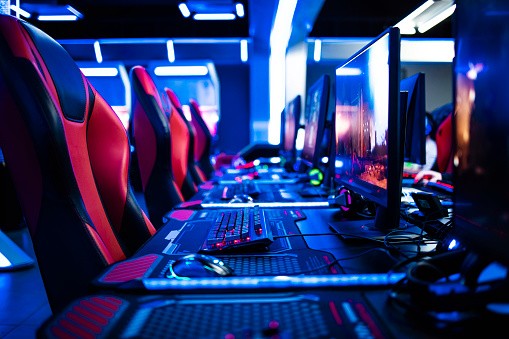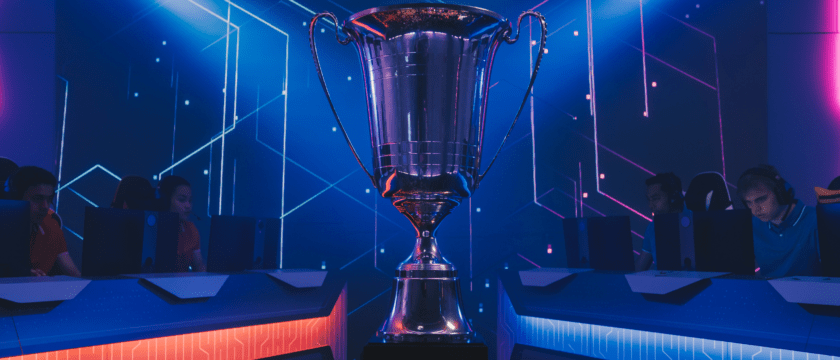Esports In Schools and How It Increases Student Participation


Esports is growing rapidly, and so is their need for advanced AV. With more than $1 billion in Esports revenue coming in last year, the future of gaming tournaments is bright and more schools are adding it to the extracurricular schedule. Students from all backgrounds and abilities have the capability of joining the activity without having the worry of not being able to “stack up” athletically.
Because Eports is centered around the video games that students play at home, many educators have struggled to understand how this extracurricular can support students educational goals .Although Esports is generally centered around an activity that students participate in home, there are many benefits of Esports in schools. Participation in school activities improves students wellbeing, and evidence shows that academic Esports benefits students overall academic performance.
Collaboration and Teamwork
A successful esports team is centered around teamwork and communication. Similar to any other sports team, students will need to understand their team members skill sets and learn how to work together to complement each other’s abilities during competitions. A competitive esports team helps students take their gaming to the next level, learning leadership, sportsmanship, and communication skills as they play.
Increased Academic and Social Engagement
An academic Esports team gives students the ability to turn at home video gaming into something that they can engage in at school alongside their fellow students. They create connections with others through their shared interest in gaming, even including the most disengaged students within the community of Esports. This can go beyond the classroom, where students are more motivated to maintain their academic performance and receive high marks in order to qualify for the esports team, much like any after school sports team would require passing grades to be involved.
Improved Brain Function and Capabilities
There are several benefits of video gaming for the brain, with evidence that gaming can lead to enhanced visual perception, improved memory, and better attention and focus. These skills are not only helpful to students in their gaming, but also can have a positive effect on student mental health and academic performance. Being part of an Esports team can improve students’ time management and productivity in school.
Exploration of STEM
Esports offers a variety of ways for students to engage in STEM concepts, which can lead them to pursue STEM pathways in college and their careers. For example, students learn mathematics skills through their gameplay stats, utilizing data analysis and math to build a stronger strategy in the future. Additionally, esports plays an important part in students confidence with technology. Many students will begin exploring computers, processing, and even video game programming. Some students even learn to build their own computers to create the best gaming equipment.
Esports and AV
In Esports, video walls and projectors are the key to giving fans a life-size view of the games and the gamers. Unlike traditional sports, it is almost impossible for fans to see what players are doing on their personal monitors, but like any sport, the audience wants to be a part of the action, so being able to project what is on the computer screens on to the big screen in real time is crucial. Rather than focusing a camera on the field, Esports installations have to focus on streaming what is happening on screen for the audience to see. With so much technology already involved in an Esports set up, computers and headsets for the players and high speed internet connections, it’s important that AV not get in the way. AV should enhance the experience, but a system with so many moving parts can be complicated. Keeping things as streamlined and simple as possible will ensure that everything keeps running smoothly.
Related Project:

